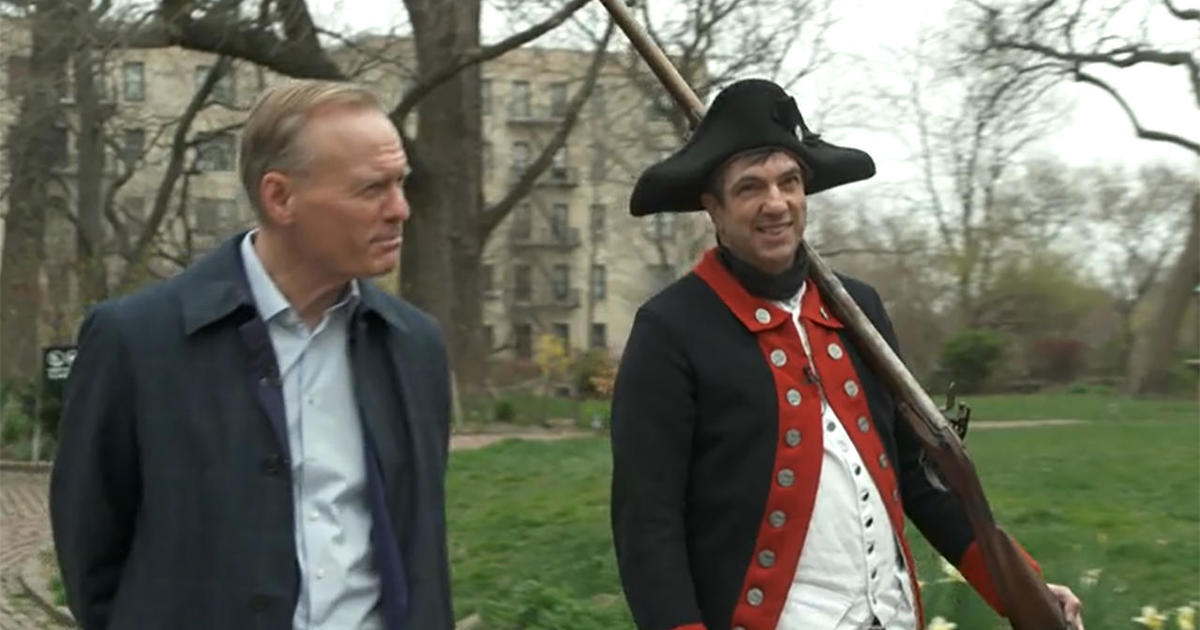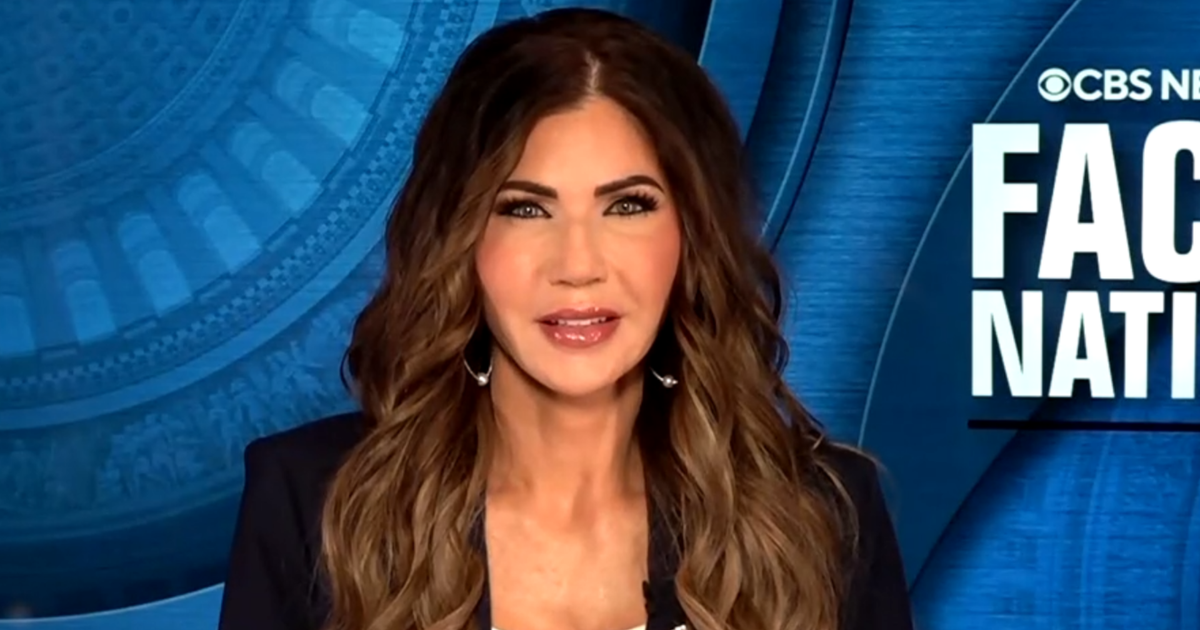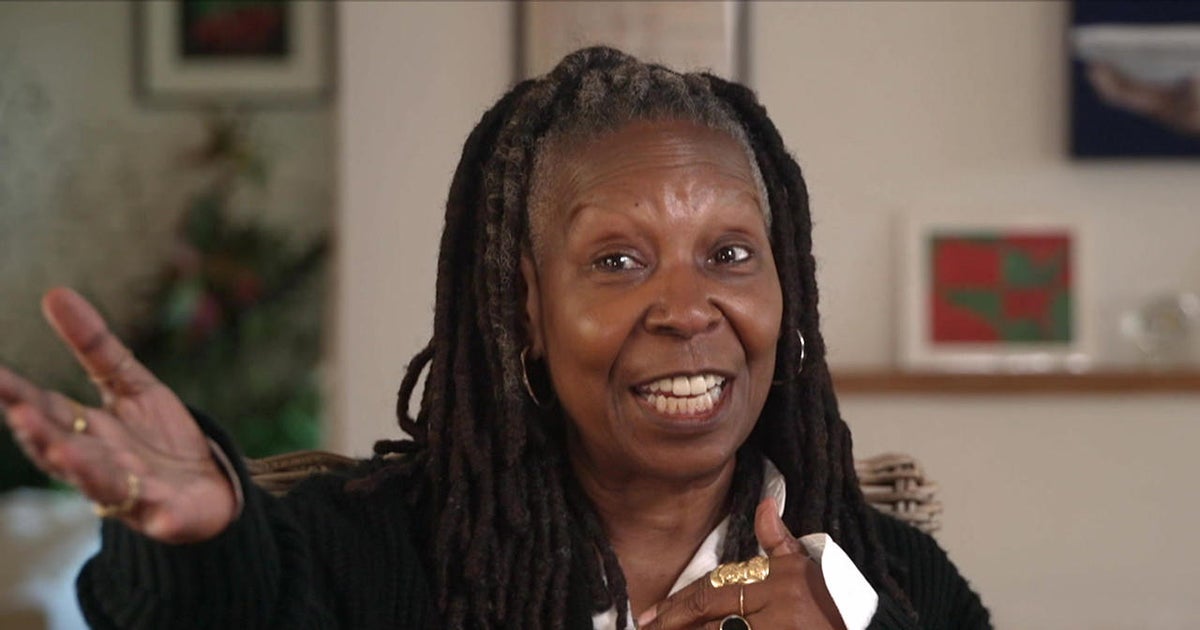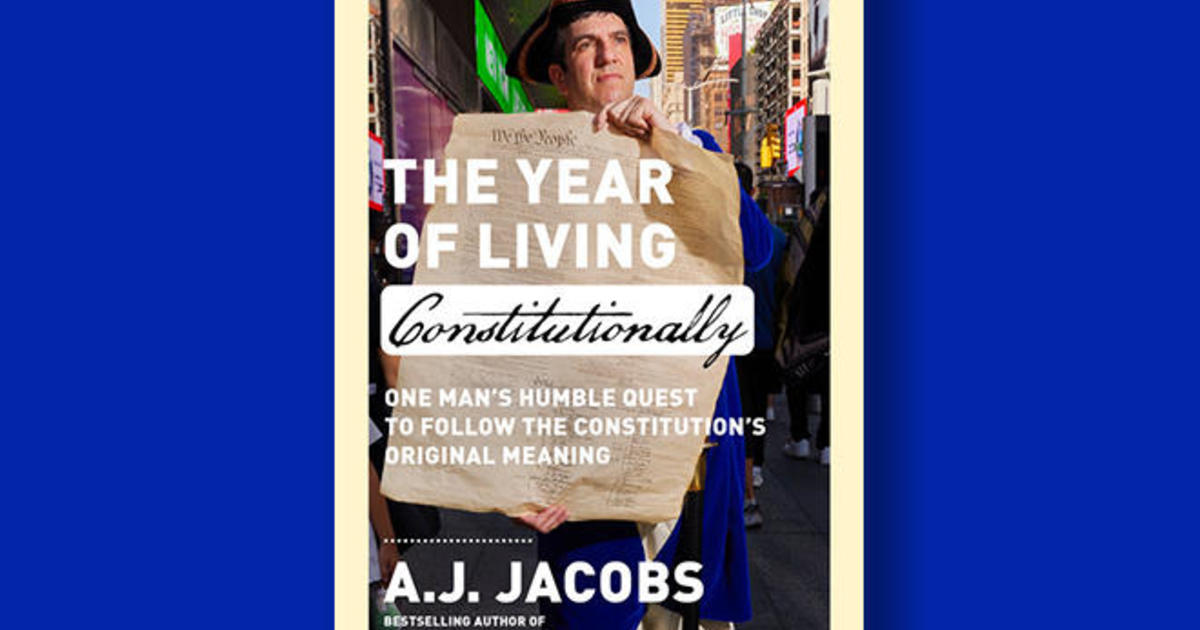Telling the story of The Apollo was an "overwhelming task," filmmaker says
The 85-year history of the world-renowned Apollo Theater is the focus of a new HBO documentary. "The Apollo" explores the Harlem institution's success in hosting music legends and launching countless careers through its Amateur Night, as well as its struggles to stay open.
The making of the film relied on stories from people like Billy Mitchell, who has been a wall flower at The Apollo for 54 years, "CBS This Morning: Saturday" co-host Michelle Miller reports.
"I've literally watched history being made," Mitchell said. "I'm the Apollo Ambassador. Officially."
Mitchell gives tours of the theater and even wrote a book titled, "They Call Me Mr. Apollo." From the Wall of Legends, with faces of artists like Louis Armstrong and Duke Ellington, to the tree of hope, a good luck tree stump performers rub, he's just about seen it all.
"I ran errands for a group that Barry Gordy had brought here. It was a tour called the Motown Revue," Michell said. That tour featured artists including, "The Supremes, … Smokey (Robinson), Martha Reeves, The Vandellas, Marvin Gaye, and this very energetic, visually impaired kid by the name of Little Stevie Wonder."
His memories and those from dozens of others were mined for historical treasure by Oscar-winning filmmaker Roger Ross Williams.
"I couldn't believe that there wasn't a documentary about The Apollo already," Ross Williams said. "It was an overwhelming task. How do you condense 85 years into 90 minutes? … I realized that our music lifted us out of oppression."
Originally a theater for burlesque, the rebranded Apollo opened on Jan. 16, 1934, and catered specifically to African Americans, billing itself as a place "where stars are born and legends are made."
"We used the music and art to … sort of voice our pain, our struggle as black people. And that was the way I wanted to tell the story of The Apollo. To … put it in context of what was going on in Harlem and what was going on in America," Ross Williams said. "And how the music from Billie Holiday singing 'Strange Fruit,' which was a protest song, and the only place she could sing that song is on the state of The Apollo, all the way to James Brown singing 'I'm Black and I'm Proud' in 1968, a tumultuous year in America. So that was how I was going to tell the story."
Telling that story includes some infamous tales, from Ella Fitzgerald's debut, which launched the precursor to our modern day star searches, to the man who created Amateur Night, in-house producer Ralph Cooper. Owner Frank Schiffman hired the African-American innovator to reel in talent.
The documentary shows that Cooper did just that. "The Apollo was more like a University," singer-songwriter Gladys Knight says in the documentary.
"It was like going to school when Gladys and I played the Apollo Theater. I learned how to be gracious to the audience," singer Patti LaBelle says.
The film also shows how hard being a performer was and how little it paid, which allowed for the theater's success but ultimately led to its downfall. Low capacity bankrupted the institution by the mid-1970s. A 1,600-seat facility couldn't compete with larger venues.
"If you drove by, you wouldn't even know that The Apollo was alive and operating," said Jonelle Procope, who became its executive director after New York media magnate Percy Sutton failed to revive the theater in the early 1990s.
She and her partner in rebuilding, former Time Warner Chairman Dick Parsons, came up with the innovative idea to turn a for-profit business into a non-profit cultural center.
"Music will always be at the core of what we do, but we're doing theater, we're doing dance, we're doing comedy … and the beauty of that is, that's something that's affordable for the community," Procope said. "So people can say, 'Oh, what do I want to do tonight? Oh, I think I'm going to go to The Apollo.'"
That's where Ross Williams decided to start his film. "I was like, 'Okay, that's it, that's the hook,'" he said.
In 2017, Ross Williams captured rehearsals for the production of a dramatic reading of Ta-Nahasi Coates' memoir, "Between the World and Me." Then eventually, they took it on the road. The reading is a blue-print of what may come for projects in The Apollo's future.
"Think about this, there is no other performing arts center in the country that focuses on the African-American narrative, telling our stories," Procope said. "So 'Between the World and Me' … that's the beginning of the future."



